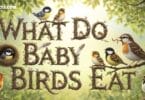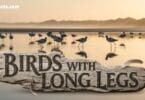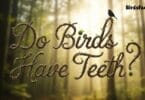Mottled Duck

Texas bird rescue Houston Texas birds
Texas Birds: mottled duck ( Anas fulvigula) is a dabbling duck that is closely resembling a mallard but does not have a distinctive curly tail and is a bit smaller in the head. Its bill color is bright yellow, with a black spot in the back corner while its speculum is purple. Mottled ducks can be found all year all along the coasts of the Texas coast, and during the summer, they may be more prevalent throughout the eastern part of Texas.
Black-Bellied Whistling-Duck
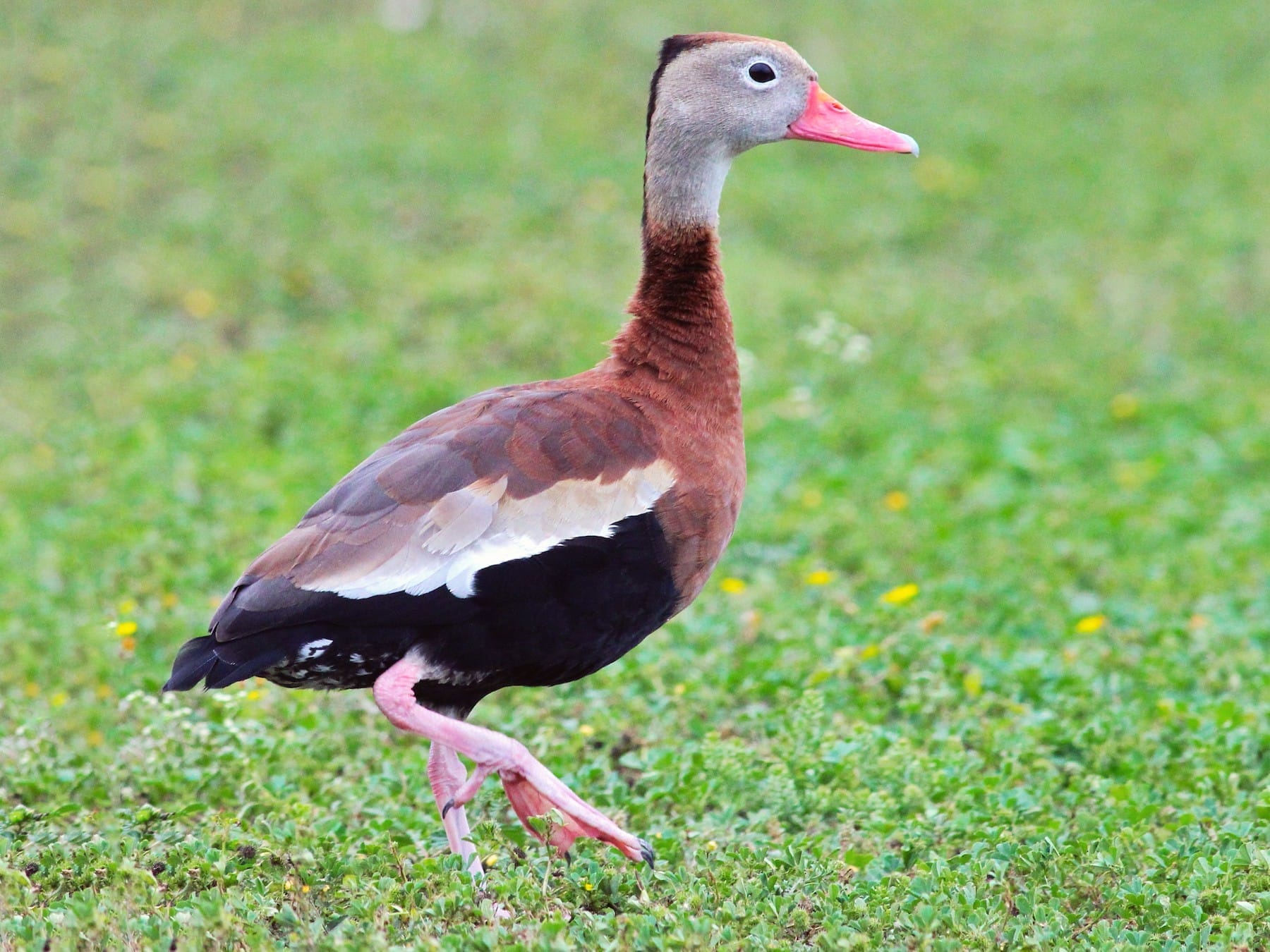
what are texas state bird texas birds pictures
The black-bellied whistling duck ( Dendrocygna autumnalis) is an aquatic duck that is found in southern Texas throughout the year, and in the central part of Texas when it’s breeding time. It is distinguished by its pink bills, as well as its long, pale legs as well as the light eye rings along with the darker belly offer useful clues to identification. Within the same area, birders should be on the lookout for the darker-colored large whistling duck.
Neotropic Cormorant
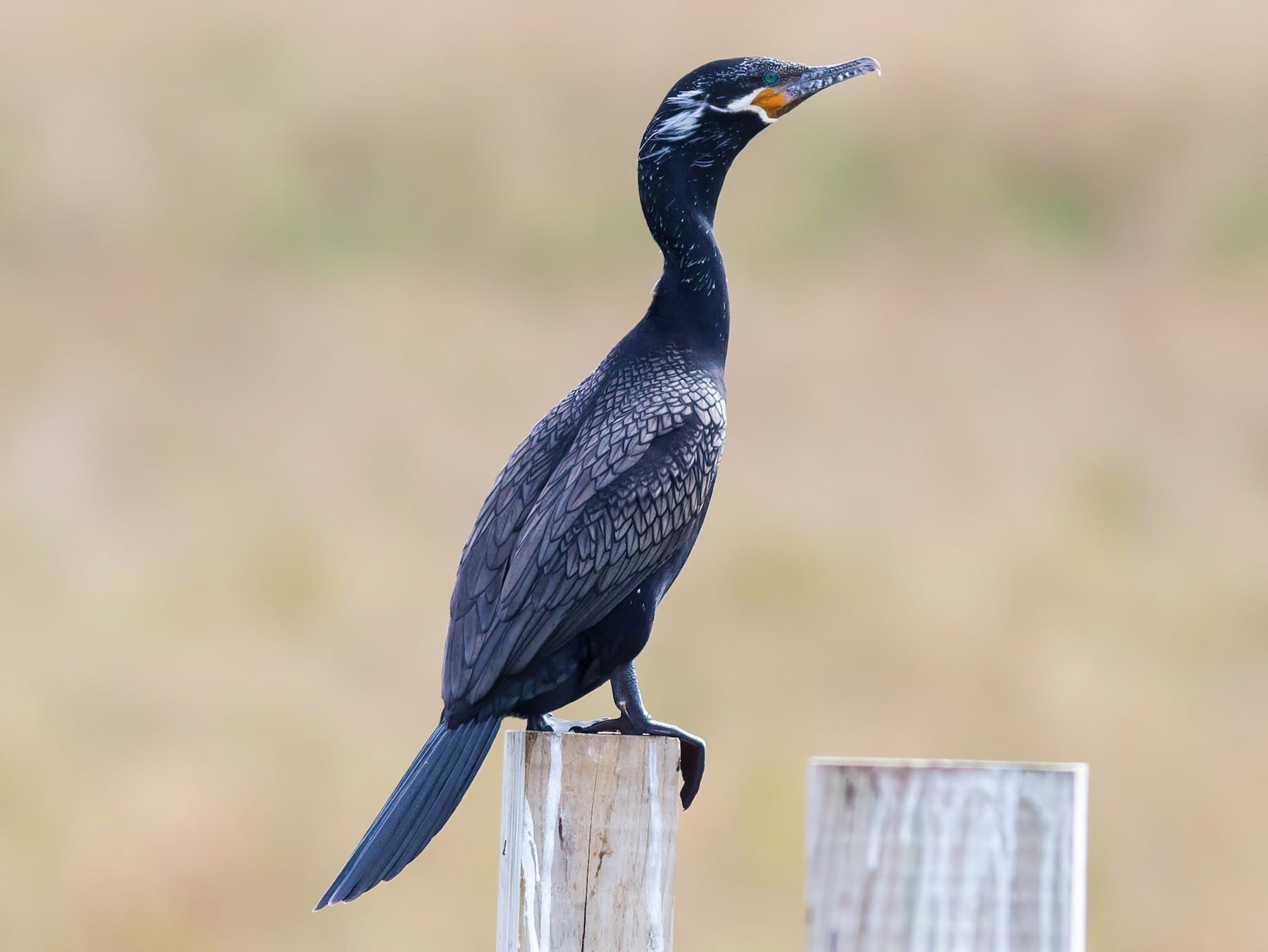
Texas birds that sing at night
At first glance, the nootropic cormorant ( Phalacrocorax Brazilians) could be mistaken for the double-crested cormorant. It can be found in southern and central Texas typically perched on pipes, dikes, or culverts. The nootropic cormorant is a bit smaller in size, but its bill is grayer. In the breeding season, there is a white border at the bottom of the bill is what sets the cormorant apart from others.
Least Tern
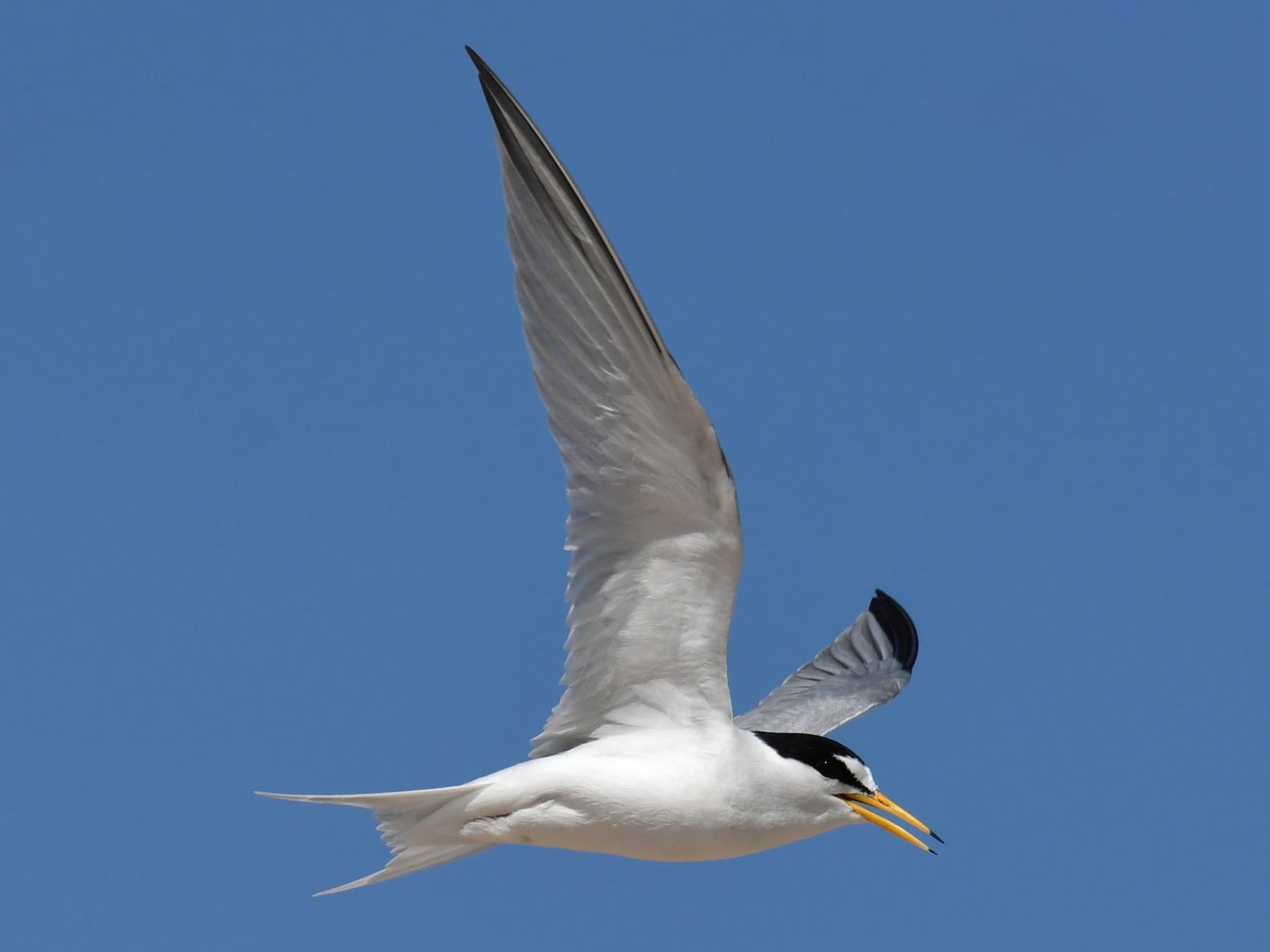
texas upland bird hunting
The most known tern ( Sterna antillarum) is found in the coast across the entire coast from New Hampshire to California The Texas Gulf is a great place to spot this tiny tern, and to get an excellent comparison to its larger counterparts, like those of Forster’s, Caspian, royal sandwich, and gull-billed species of terns. The yellow and white faces provide good clues to identify the smallest tern and its small size.
Harris’s Hawk
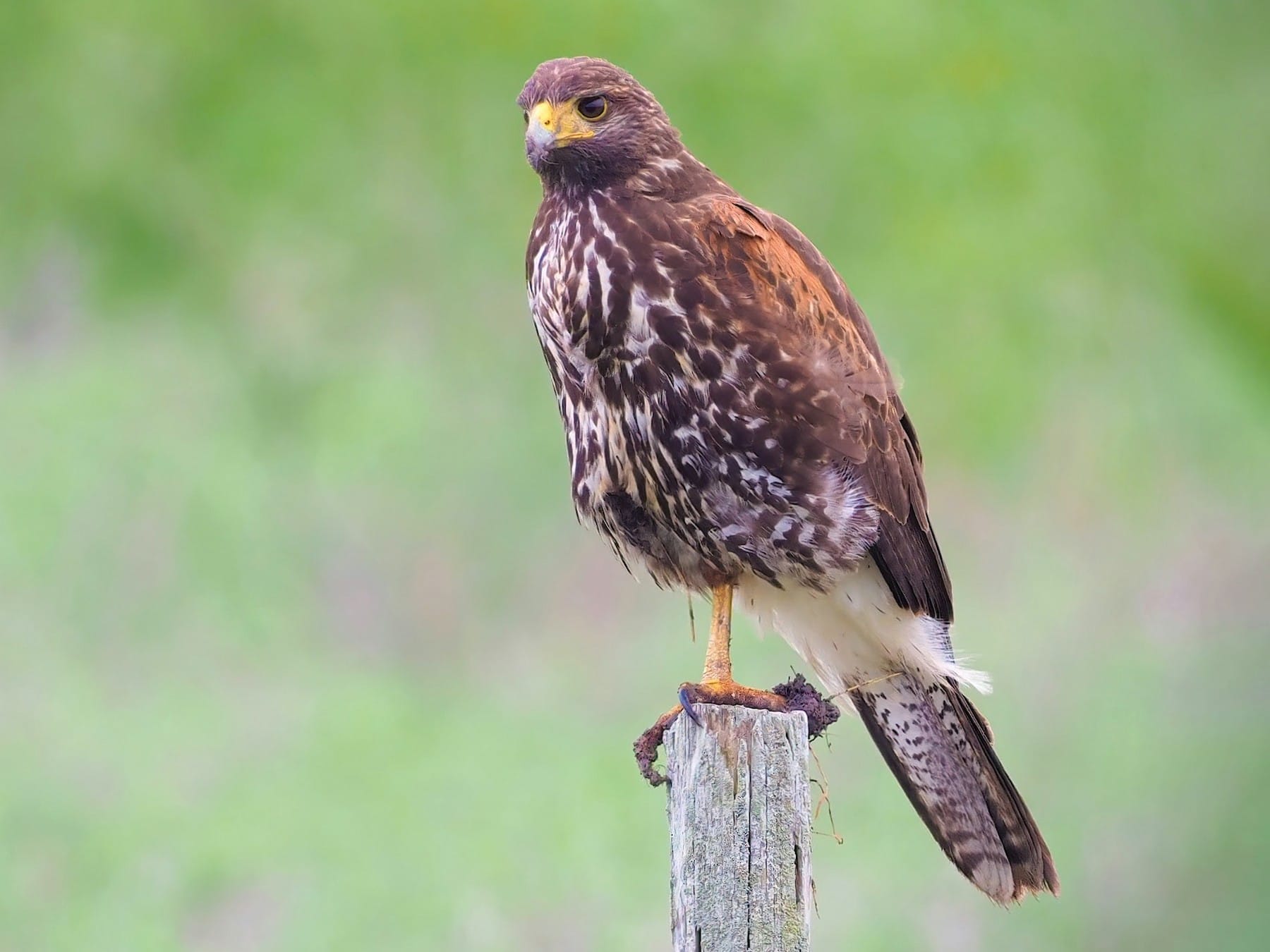
texas state bird
Harris’s Hawk ( Parabuteo unicinctus) is an elusive subtropical hawk that can be identified due to its warm plumage hues and distinctive markings, like the dark tail and white tips. They prefer desert habitats that have scattered brush and can be seen throughout the southwestern region of Texas throughout the year. They are found in open areas and often on poles which makes them easy to recognize.
Crested Caracara
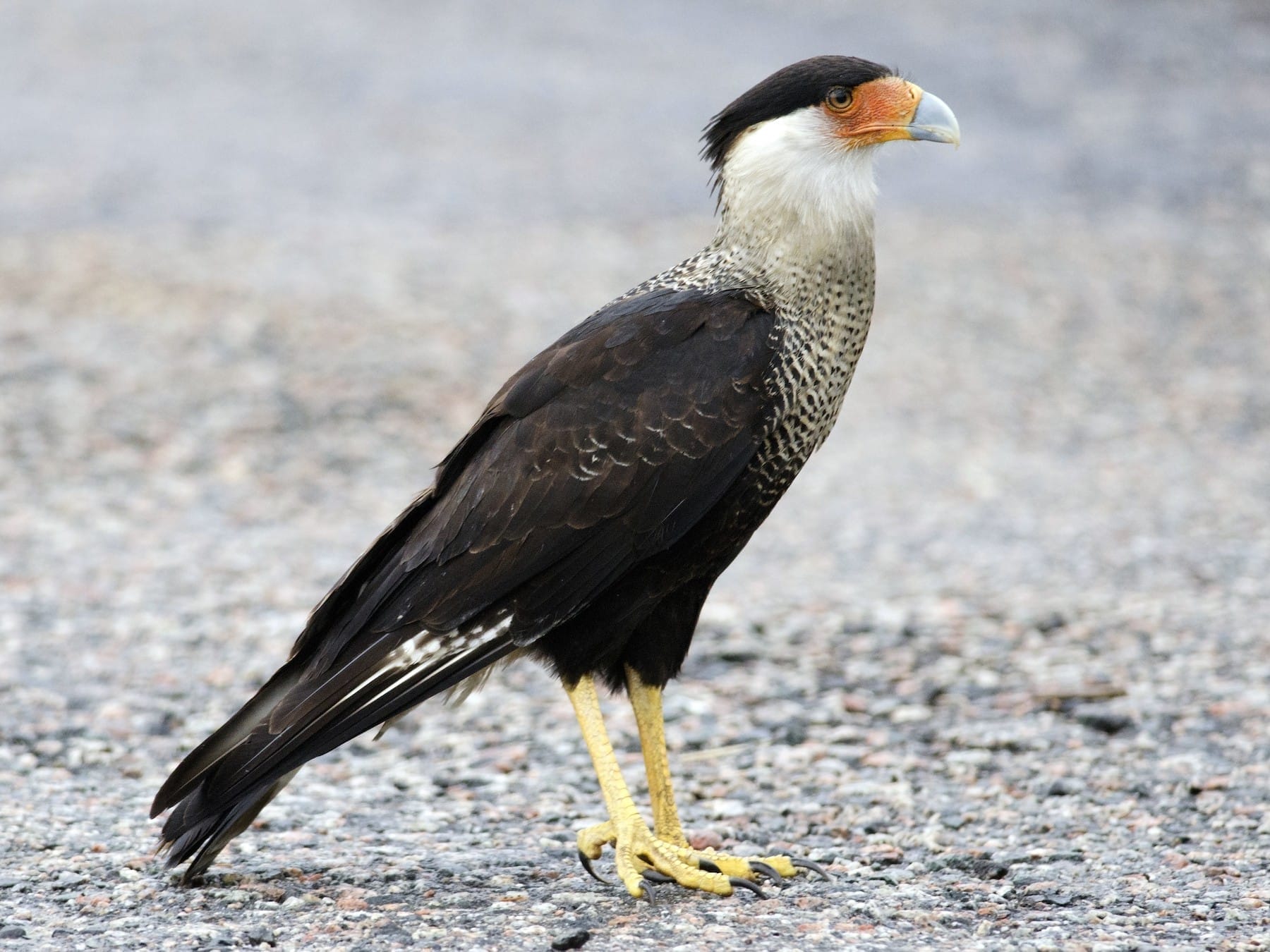
texas bird with yellow chest
How can a falcon behave as the characteristics of a Vulture? If it’s a crested caracara ( Caracara cheriway). The tropical falcons are large scavengers, frequently sharing bodies and carcasses with Vultures. They are residents all year long in central and southern Texas and within the southern part of Arizona as well as central Florida. They are often seen either on the ground or on low perches, looking for their next meal.
Burrowing Owl
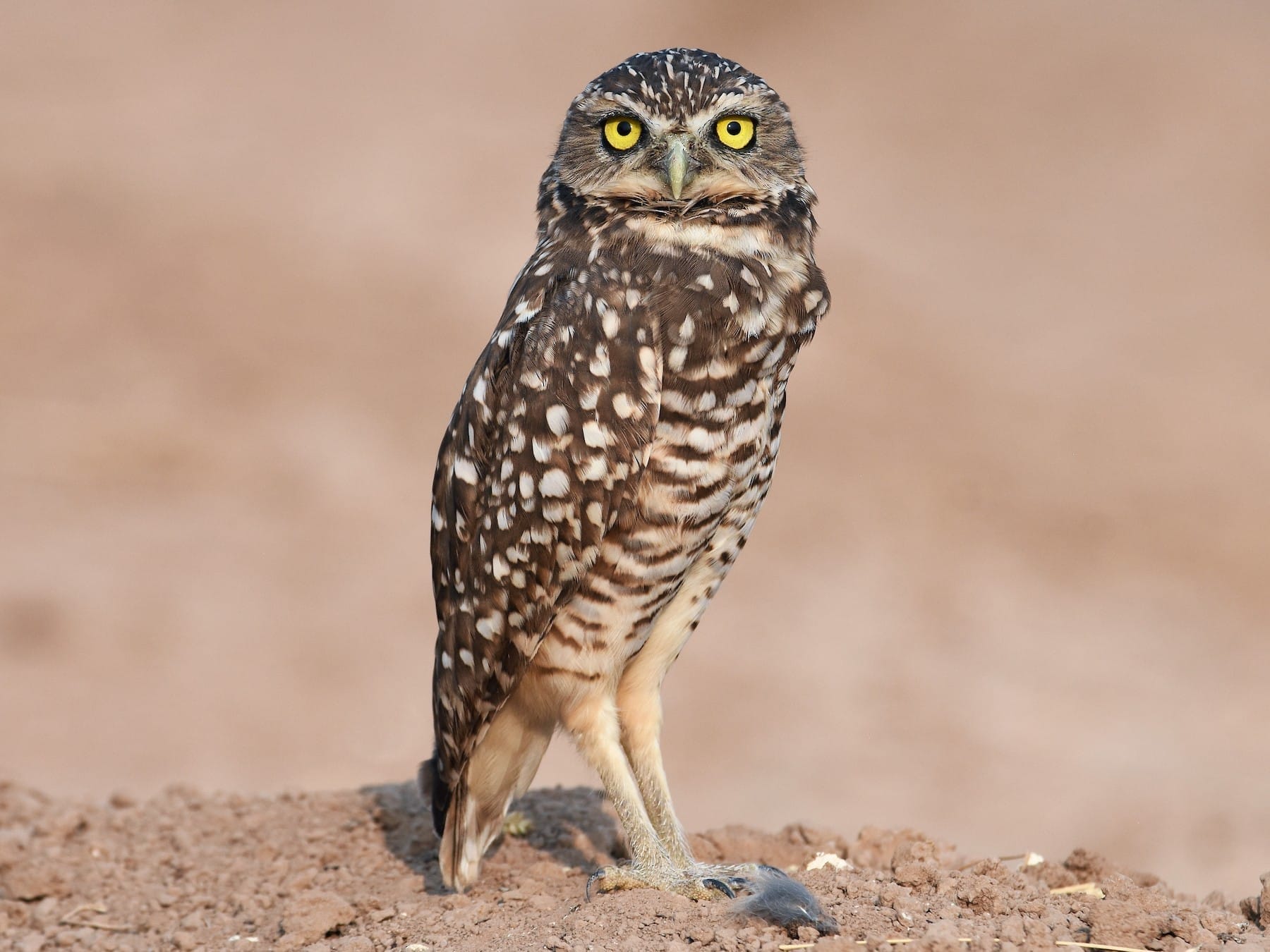
texas national bird
Owls are usually difficult to locate however the Burrowing Owl ( Athene cunicularia) is an exception since this owl can be seen throughout the daytime. They are common throughout western and central Texas frequently taking over burrows of prairie dog colonies as well as other burrows found in dry, rocky habitats. Families can remain together for a period offering birders the chance to view a lot of these Owls together.
Lesser Prairie-Chicken
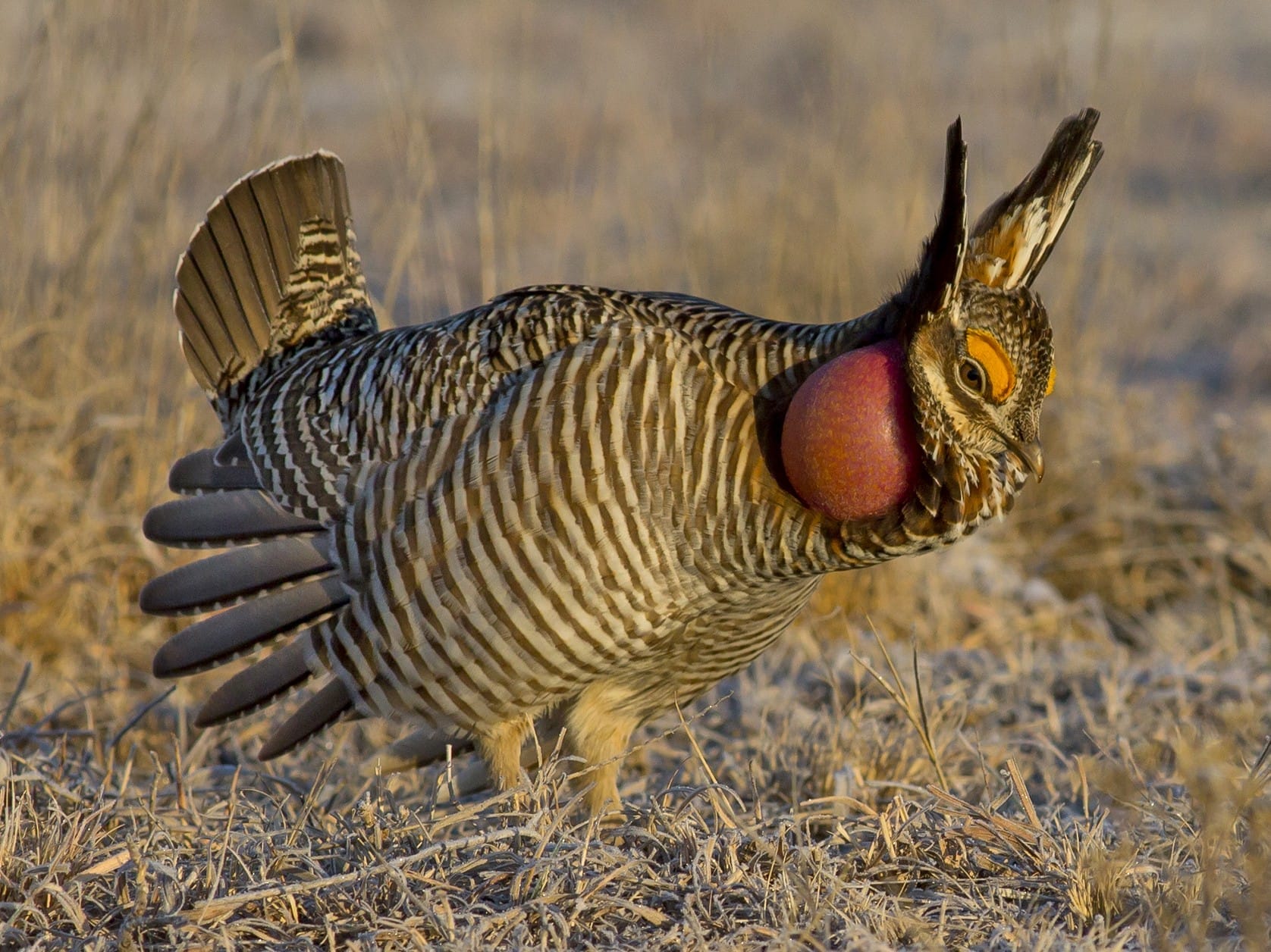
texas bird sanctuary
The panhandle in the southwestern and eastern parts of Texas is among the most beautiful areas in the world to observe the smaller prairie chicken ( Tympanuchus pallidicinctus). These bird-like games birds are most at home in dry, short grass plains, or in scrub oak habitats that are dry and dry. Leks is a fantastic chance for birders to observe the stunning mating dances of smaller prairie chickens.
Whooping Crane
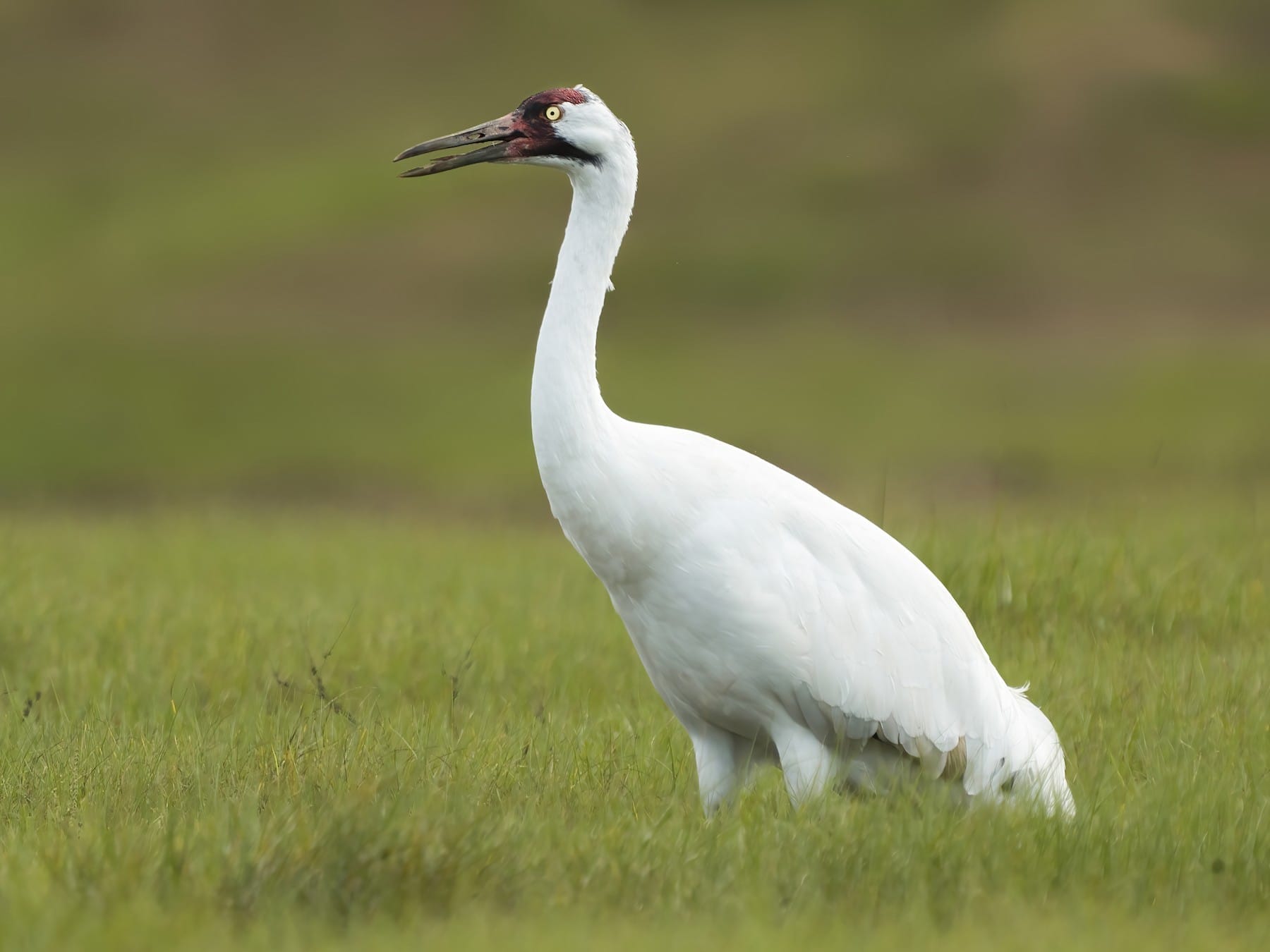
what is the texas state bird
The Whooping Crane ( Grus americana) is among the most sought-after birds in Texas as it is among the two states in the United States in which endangered birds can be observed. The whooping cranes are found within areas like the Rockport as well as the Port Aransas area along with the Gulf wading through marshes and estuaries. With less than 600 birds remaining each birder must try to spot a whooping crane.
White-tipped Dove
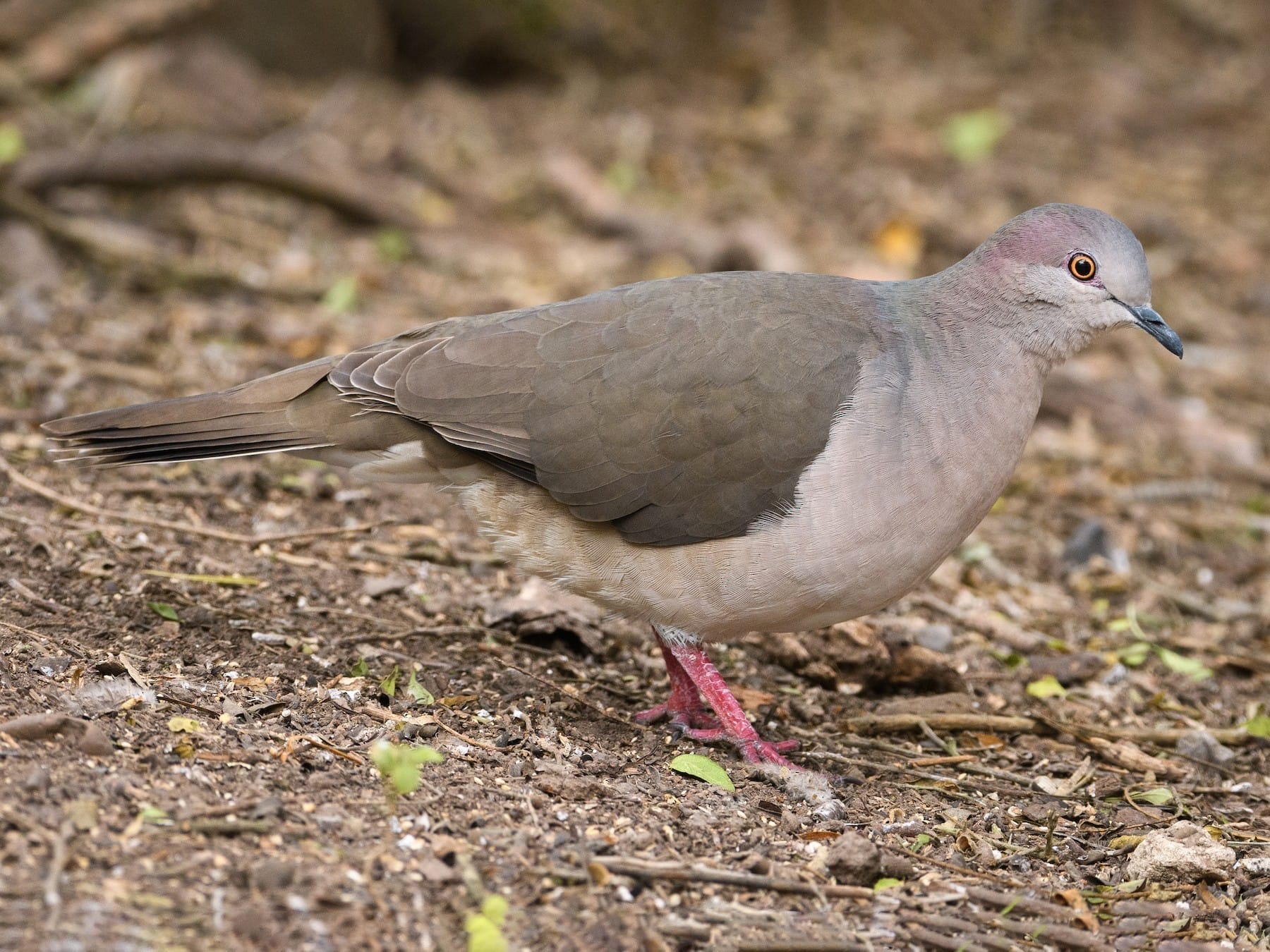
what are texas state bird texas birds pictures
They may appear plain however the dove with a white tip ( Leptotila verreauxi) is a southern Texas specialty and can be often seen throughout the year. If birders aren’t able to detect the white tips of the tail, then the bird’s plain appearance, the big eye rings, red legs, and huge size are useful clues to identify the dove, even though it’s never classified as to be one of the world’s most stunning doves.
Common Pauraque
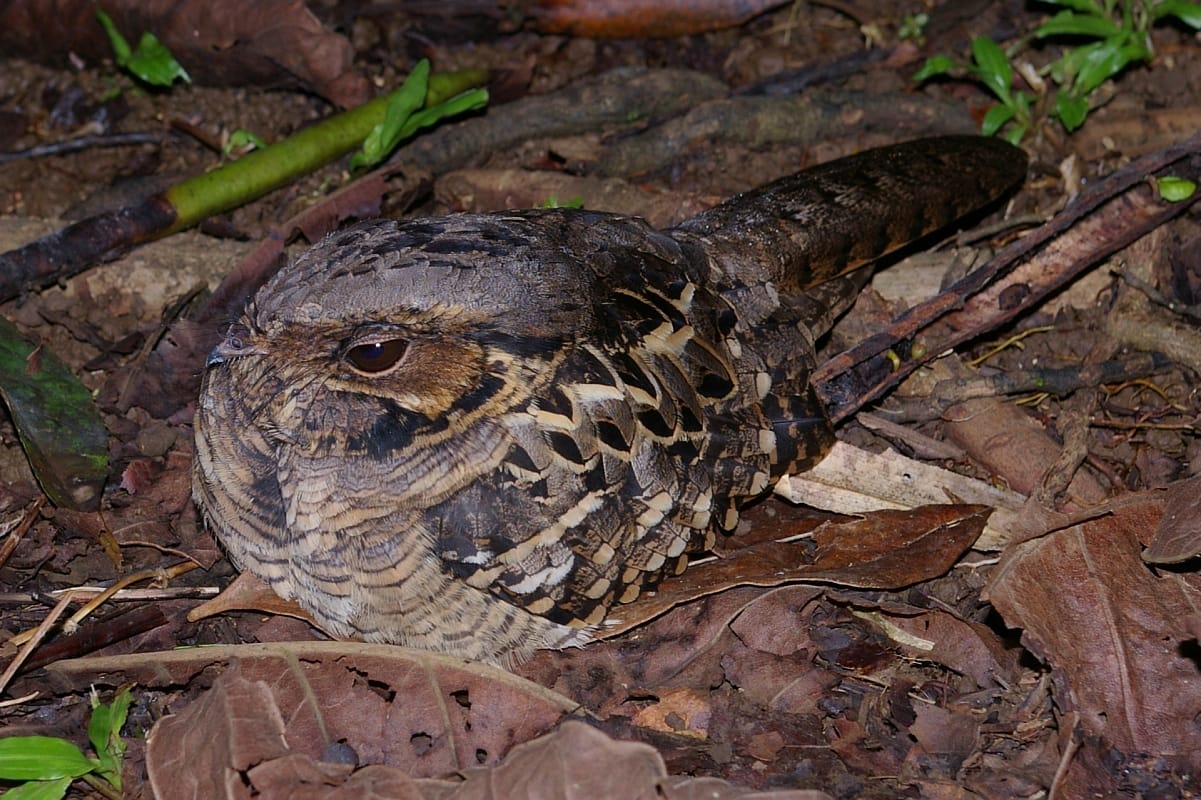
texas birds identification
A bird that is extremely difficult to spot located in southern Texas is the pauraque common ( Nyctidromus albicollis). These birds are not only quiet and secluded and elusive, but their amazing camouflage assists them in hiding when they rest on the ground in densely wooded areas and thickets. The long tail and cheek patch of chestnut and rounded wings may assist birders to identify the birds when they are observed during flight or spotted in the countryside at dusk.
Green Kingfisher
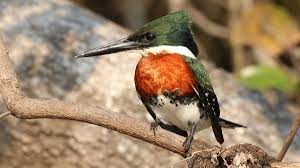
texas national bird
Texas can be the one place in the country where birders can spot three distinct species of kingfishers as well as the green one ( Chloroceryle Americana) is one of the smaller of the trio. It is found in central and south Texas along oxbow lakes as well as small streams. This bird sports an imposing, distinct bill. The deeper the water in the south of Texas birders must be alert for the ringed kingfisher as well as the belted kingfisher can be seen across the state.
Golden-Fronted Woodpecker

texas birds images
Golden-fronted Woodpecker ( Melanerpes aurifrons) is a Texas special bird that is similar in appearance to the red-bellied woodpecker. They have a gold patch on the bottom of their bill, and silver on their nape they are also located in dry woodlands across central Texas. They are frequently found in the air as well in search of insects.
Buff-Bellied Hummingbird
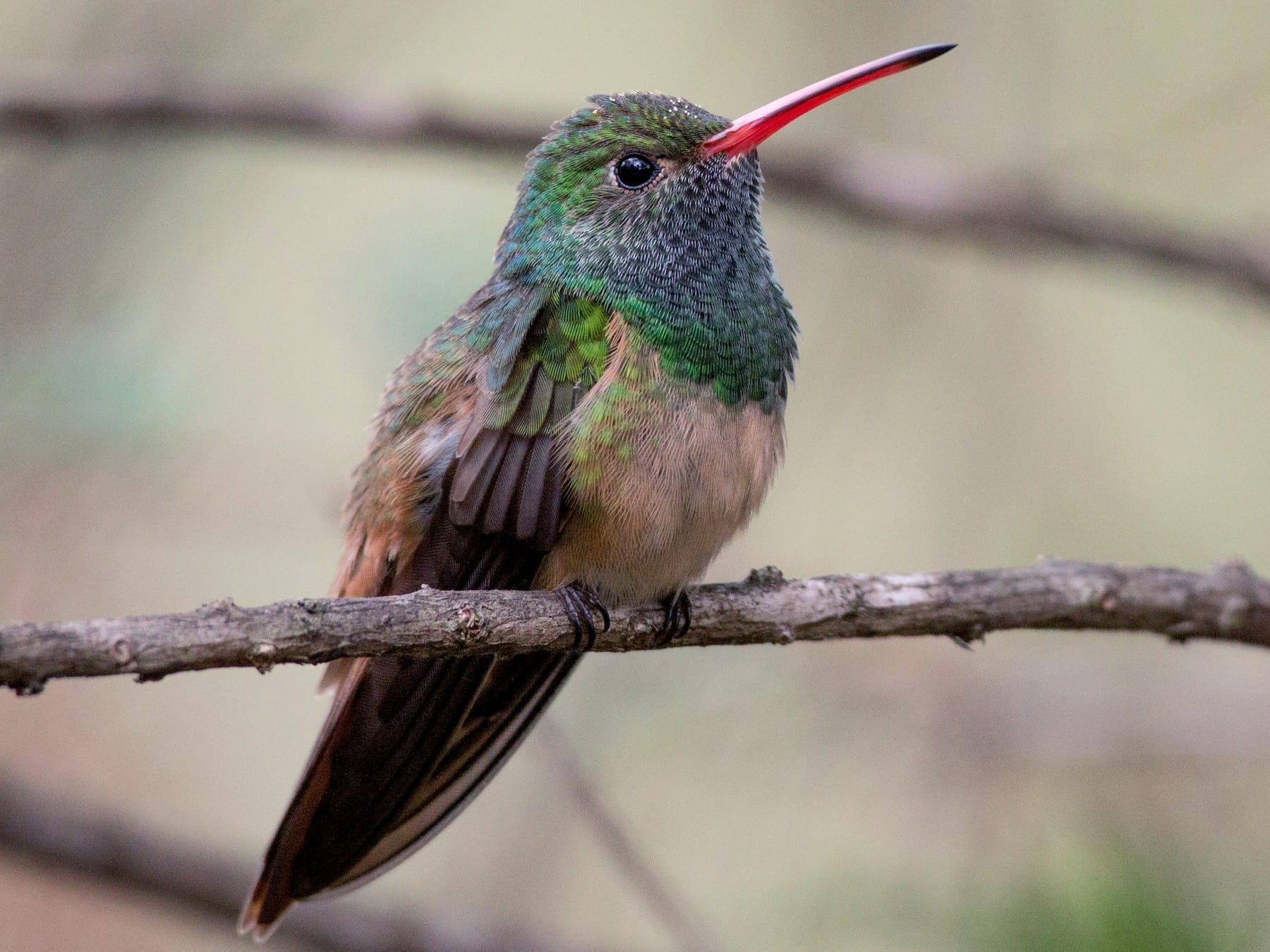
texas eagle bird
The hummingbird enthusiasts will not want to be missing the Buff-bellied Hummingbird ( Amazilia yucatanensis) in south Texas and throughout the Gulf Coast. The chestnut tail and the red bill are great field marks and the birds can visit feeders that offer nectar hummingbirds. Other birds to look out for within Texas comprise the violet-colored green ear, the Green-breasted mango, and the well-known ruby-throated hummingbird.
Vermilion Flycatcher
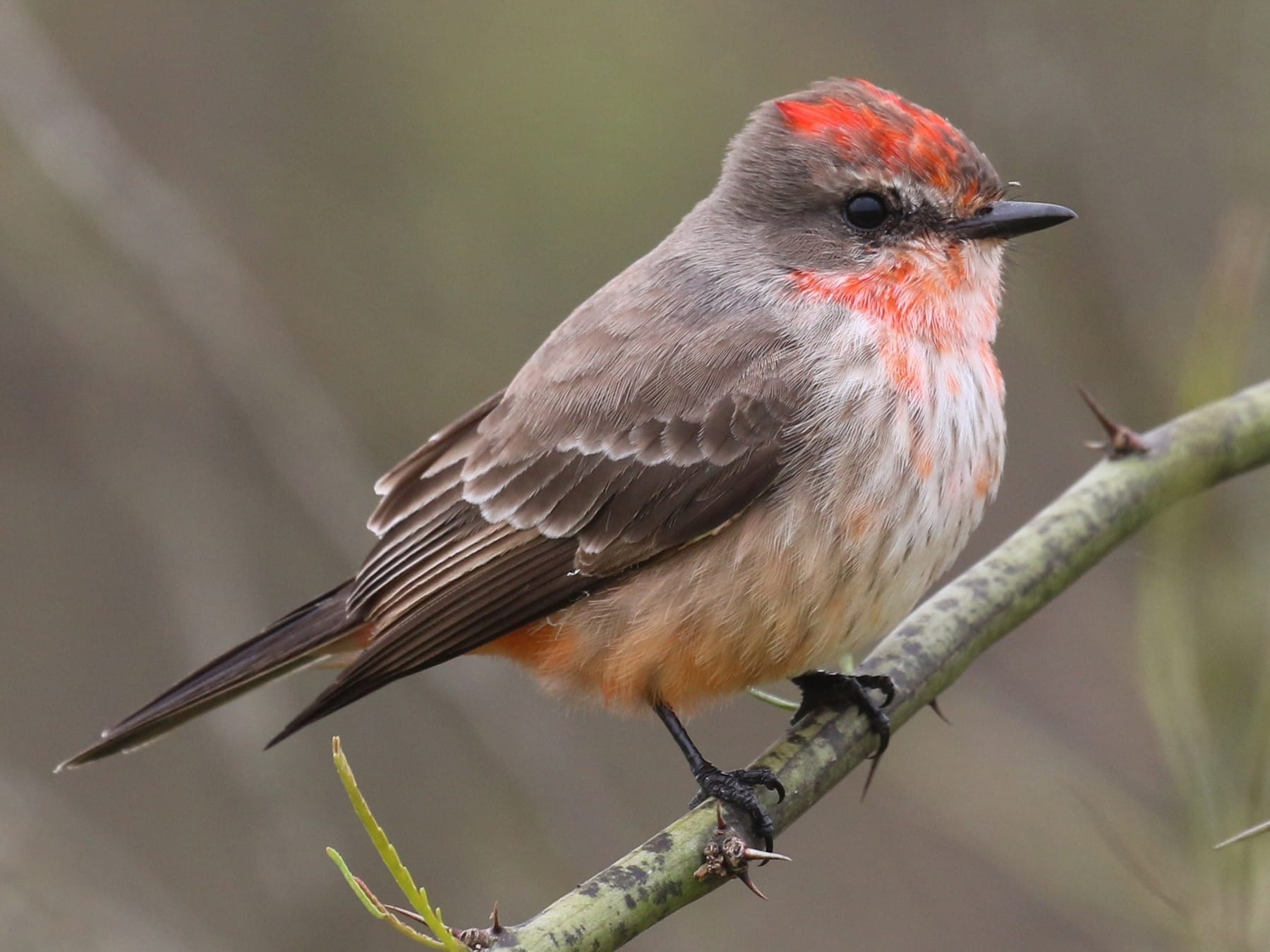
Texas birds small
It’s difficult to ignore the vibrant colors that are the vermilion flycatcher ( Hydrocephalus Rubinius). These active and bright birds can be found in all of southern Texas and their breeding areas stretch into the central region of Texas. In the winter months, they are located farther east on the coastline. They are among the most red-colored birds around the globe and their plumage could appear to shine in the sun on a sunny day.
Read More Article: Birds Eye Garlic Chicken
Read More Article: Birds Behind Glasses Of Water
Read More Article: Flowers that Look Like Birds
Read More Article: Two Birds On A Wire Lyrics
Read More Article: How Long Do Birds Live
Read More Article: Isabella German Shepherd


